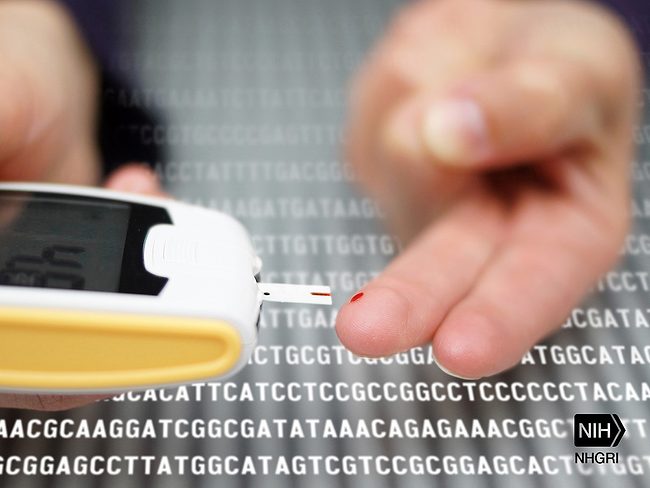
Drugs
Oncology: Enhertu, liso-cel, sacituzumab govitecan
Is it finally their time? Two ADCs for cancer make the blockbuster list
Read MoreMetabolic: Inclisiran, Rybelsus
Novartis’ high ‘steaks’ with inclisiran in FH; optimism for Rybelsus in diabetes
Read MoreInflammatory/Immune: Filgotinib


